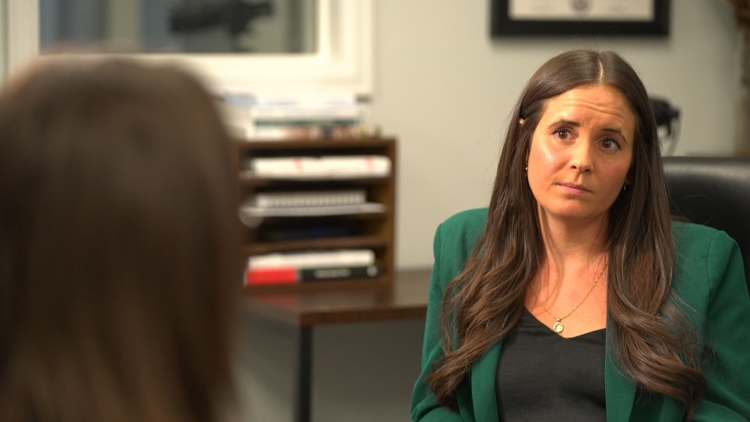
A Colorado Christian therapist is advocating for the recent ban on conversion therapy, asserting that it serves to protect young individuals rather than infringe upon free speech rights for mental health professionals. Julia Sadusky, a therapist with a focus on Christian counseling, contends that the legislation establishes important evidence-based guidelines for providing safe and effective therapy to minors.
The ban, which was enacted in Colorado in 2022, prohibits licensed therapists from attempting to change an individual’s sexual orientation or gender identity. Sadusky emphasizes that the law is not a restriction on therapists’ ability to communicate or share their beliefs but rather a necessary measure to ensure that therapy remains a supportive and affirming environment for youth.
Understanding the Impact of the Legislation
Sadusky argues that conversion therapy, often linked to harmful psychological practices, can lead to significant mental health issues for those subjected to it. She points to studies showing that LGBTQ+ youth who experience such therapy are at a greater risk of depression and anxiety. The therapist believes that the ban will lead to more positive outcomes for young people seeking guidance in their identities.
In her view, the law creates a framework that aligns with best practices in mental health care. “It’s about setting boundaries that are grounded in research,” Sadusky stated. “Therapists should be equipped to support their clients without imposing harmful ideologies.”
The therapist also highlights the importance of informed consent in therapy. By banning conversion therapy, Colorado aims to protect youths from being coerced into treatments that lack scientific backing. Sadusky maintains that mental health professionals should focus on empowering clients rather than attempting to change fundamental aspects of their identities.
Community Reactions and Future Considerations
The conversion therapy ban has received mixed reactions from various stakeholders. Supporters, including LGBTQ+ advocacy groups, commend the legislation as a progressive step toward protecting vulnerable populations. Conversely, some religious groups express concerns about the implications for their ability to counsel individuals in accordance with their beliefs.
As the conversation around mental health and identity continues to evolve, Sadusky urges her fellow therapists to embrace the changes brought about by the ban. She believes that adapting to new standards can ultimately benefit both practitioners and clients. “We have an opportunity to redefine what care looks like,” she remarked.
With state laws varying widely across the United States regarding conversion therapy, Colorado’s legislation serves as a significant example in the broader national discourse. As more jurisdictions consider similar bans, the impact on youth mental health and the therapeutic landscape will remain a critical area for observation and study.







